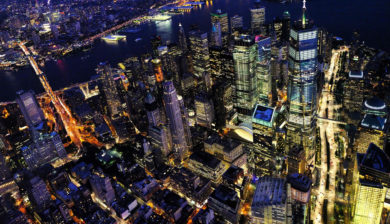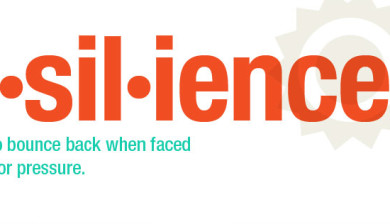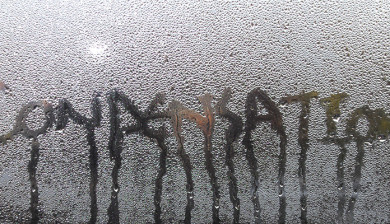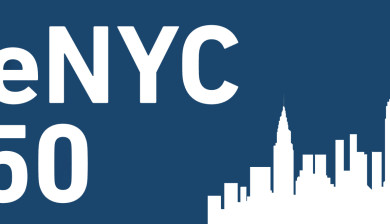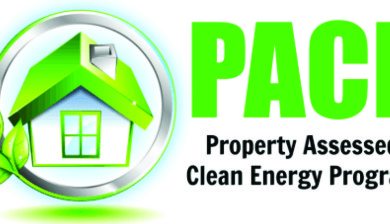A Smart Strategy for Energy Savings in New York City
If you manage or own a building built in the 1970s or before… please keep reading! Steam heat is used in approximately 82% of buildings in New York City. Most of these buildings use a natural gas fired boiler and only 10% use ConEd Steam (https://www.ny-engineers.com/blog/steam-use-in
Read MoreJune 05, 2020
0 Comment
How the New NYC Energy Conservation Code Affects Commercial Building Owners
New York City has updated its Energy Conservation Code, which mandates stricter energy and sustainability requirements for both new construction and existing commercial buildings. The new requirements went into effect on May 12, 2020 and place even greater pressure on building owners
Read MoreWindow Retrofits Help Protect Building Occupants During Extreme Weather
Heat waves during summer months are a common cause of power outages. The high power consumed by HVAC systems during extreme weather – especially in large commercial buildings – can put a significant strain on the system itself as well as local power providers. The USA Today reported t
Read MoreThe Importance of Windows in Energy Resilience
Defining Energy Resilience The U.S. Department of Energy defines resilience as the ability to prepare for and adapt to changing conditions and withstand and recover rapidly from disruptions, deliberate attacks and natural disasters. The term energy resilience refers to ensuring a buil
Read MoreHow Interior Window Retrofits Reduce Condensation
Condensation occurs when the temperature of the air drops to the point where humidity becomes liquid, known as the dew point. Condensation forms on windows when the surface of the glass becomes cold, forcing the humidity to convert to liquid water. The actual temperature of the dew po
Read MoreNYC to Ban Glass Facades in New Construction
NYC Mayor Bill DeBlasio made national headlines this week when he announced that the largest city in the U.S. will ban glass facades in new construction. “We are going to ban the classic glass and steel skyscrapers, which are incredibly inefficient,” DeBlasio said on MSNBC’s Morning J
Read MoreHow PACE Helps Commercial Building Owners Finance Energy Upgrades
PACE is a program legislated at the state and municipal level that allows private investments to fund energy loans for improvements to buildings through a tax assessment lasting 20 to 25 years. Currently, 31 states offer PACE programs, with Illinois joining most recently. Under Illino
Read MoreCalculating the Energy Savings of Building Envelope Upgrades
Thermolite has developed a new cost-effective tool to help commercial building owners determine the energy savings they can expect from building envelope improvements. According to the Department of Energy, at least 40% of the energy loss in commercial buildings occurs through the win
Read MoreIntroducing RetroWAL™ Platinum: Vacuum-Insulated Curtainwall Retrofits
Thermolite is excited to announce a new super-insulating interior window system for the commercial building industry. Featuring the most advanced window technology on the market, Thermolite’s new RetroWAL™ Platinum Series utilizes vacuum-insulated glass to far exceed the performance o
Read MoreWindow Retrofit: A Low Cost, High Return Investment for ESCOs
The major selling point of energy service companies (ESCOs), and why so many businesses turn to them over standard contractors, is the guarantee of energy savings. Many energy efficiency projects require a significant amount of time before the building owners actually receive a return
Read MoreCopyright 2021, RetroWAL Curtainwall Retrofit System by Thermolite


